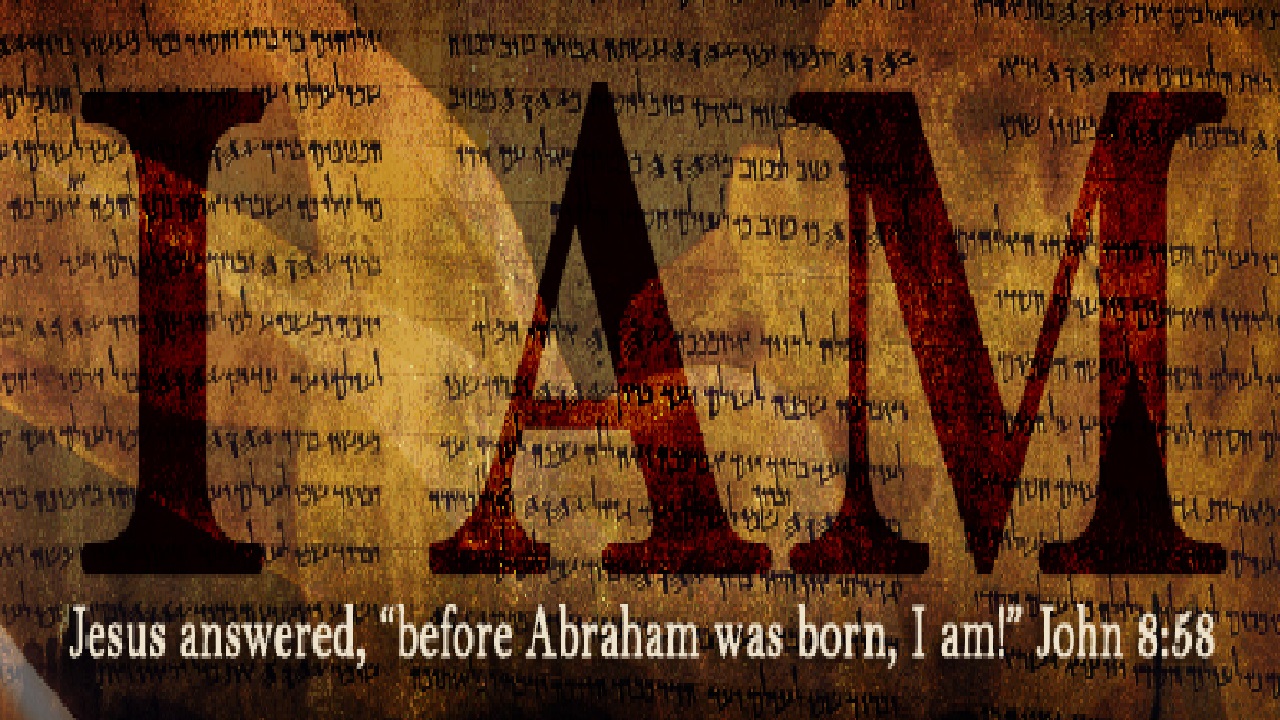
Jesus and the angels
August 24, 2020
Was Jesus The Great I AM?
August 24, 2020Was Jesus the son of Joseph or the Son of God?

Clarkes Commentary on Luke 3:23: “Being (as was supposed) the son of Joseph.”
Matthew, in descending from Abraham to Joseph, the spouse of the blessed virgin, speaks of Sons properly such, by way of natural generation: Abraham begat Isaac, and Isaac begat Jacob, etc.
But Luke, in ascending from the Savior of the world to God himself, speaks of sons either properly or improperly such: on this account he uses an indeterminate mode of expression, which may be applied to sons either putatively or really such. And Jesus himself began to be about thirty years of age, being, as was Supposed the son of Joseph – of Heli – of Matthat, etc. This receives considerable support from Raphelius’s method of reading the original ων (ὡς ενομιζετο υἱος Ιωσηφ )του Ἡλι, being (when reputed the son of Joseph) the son of Heli, etc.
That St. Luke does not always speak of sons properly such, is evident from the first and last person which he names: Jesus Christ was only the supposed son of Joseph, because Joseph was the husband of his mother Mary: and Adam, who is said to be the son of God, was such only by creation. After this observation it is next necessary to consider, that, in the genealogy described by St. Luke, there are two sons improperly such: i.e. two sons-in-law, instead of two sons. As the Hebrews never permitted women to enter into their genealogical tables, whenever a family happened to end with a daughter, instead of naming her in the genealogy, they inserted her husband, as the son of him who was, in reality, but his father-in-law.
This import, bishop Pearce has fully shown, νομιζεσθαι bears, in a variety of places – Jesus was considered according to law, or allowed custom, to be the son of Joseph, as he was of Heli. The two sons-in-law who are to be noticed in this genealogy are Joseph the son-in-law of Heli, whose own father was Jacob, Matthew 1:16; and Salathiel, the son-in-law of Neri, whose own father was Jechonias: 1 Chronicles 3:17, and Matthew 1:12. This remark alone is sufficient to remove every difficulty.
Thus it appears that Joseph, son of Jacob, according to St. Matthew, was son-in-law of Heli, according to St. Luke. And Salathiel, son of Jechonias, according to the former, was son-in-law of Neri, according to the latter. Mary therefore appears to have been the daughter of Heli; so called by abbreviation for Heliachim, which is the same in Hebrew with Joachim. Joseph, son of Jacob, and Mary; daughter of Heli, were of the same family: both came from Zerubbabel; Joseph from Abiud, his eldest son, Matthew 1:13, and Mary by Rhesa, the youngest. See Luke 3:27.
Salathiel and Zorobabel, from whom St. Matthew and St. Luke cause Christ to proceed, were themselves descended from Solomon in a direct line: and though St. Luke says that Salathiel was son of Neri, who was descended from Nathan, Solomon’s eldest brother, 1 Chronicles 3:5, this is only to be understood of his having espoused Nathan’s daughter, and that Neri dying, probably, without male issues the two branches of the family of David, that of Nathan and that of Solomon, were both united in the person of Zerubbabel, by the marriage of Salathiel, chief of the regal family of Solomon, with the daughter of Neri, chief and heretrix of the family of Nathan.
Thus it appears that Jesus, son of Mary, reunited in himself all the blood, privileges, and rights of the whole family of David; in consequence of which he is emphatically called, The son of David. It is worthy of being remarked that St. Matthew, who wrote principally for the Jews, extends his genealogy to Abraham through whom the promise of the Messiah was given to the Jews; but St. Luke, who wrote his history for the instruction of the Gentiles, extends his genealogy to Adam, to whom the promise of the Redeemer was given in behalf of himself and of all his posterity.
